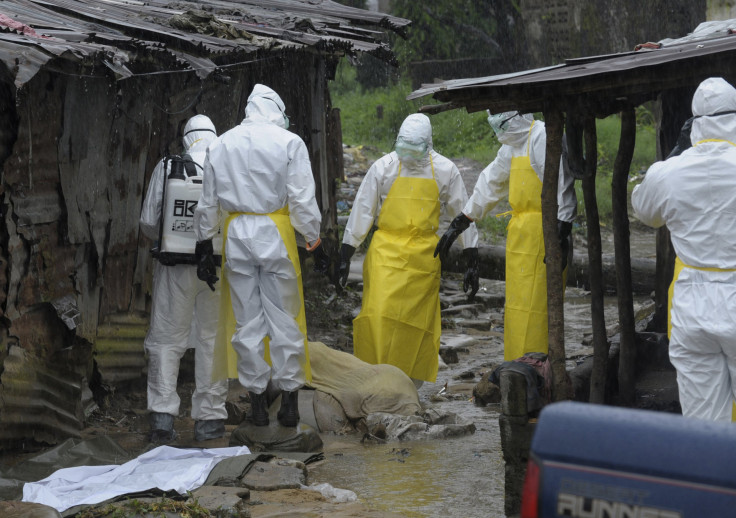Experimental Drug 'May Have Potential For Combating Ebola,' Claims New Study

Monkeys infected with the Marburg virus, which is closely related to the Ebola virus, were successfully treated by U.S. scientists, raising hopes of a potential cure for Ebola, according to a paper published Wednesday in the journal Science Translational Medicine.
In the new study, 16 macaques were infected with highly lethal doses of the Marburg virus. The monkeys were then treated with an experimental drug at different times, ranging from 45 minutes to three days after infection, when the virus was already detectable in the animals’ blood.
The researchers said that the drug, which is being developed by Canada-based Tekmira Pharmaceuticals Corporation (NASDAQ:TKMR), kept all the monkeys alive while a control group of macaques, which was also infected with the virus but not administered the drug, died by the eighth day.
The Marburg virus was first detected in 1967 after outbreaks in three European cities, including Marburg in Germany. The deadliest outbreak was recorded in Angola in 2004, when it infected over 250 people. Nearly 230 people, or 90 percent of the patients, died from the disease.
Both Marburg and Ebola viruses have a mortality rate of over 90 percent and cause hemorrhagic fever characterized by vomiting, diarrhea, uncontrolled bleeding and eventual organ failure.
Thomas Geisbert, a professor of microbiology and immunology at the University of Texas Medical Branch at Galveston and a senior author of the study, told The New York Times that the drug “may have the potential for combating Ebola,” as it had proven to be effective even at later stages of infection, including after symptoms were already present.
Since most Ebola patients do not realize that they have been infected until they start exhibiting symptoms -- anytime between two days to three weeks after contracting the virus -- researchers have been looking for drugs that can treat the disease even when it is at an advanced stage. Toward this end, Geisbert said, the new study “demonstrates the real-world utility of this technology.”
The findings of the study come at a time when 1,350 people have died so far in the deadliest Ebola outbreak on record, most of them in the West African nations of Liberia, Sierra Leone, Guinea and Nigeria. On Wednesday, the World Health Organization said that nearly 2,500 people have so far been infected.
© Copyright IBTimes 2024. All rights reserved.






















